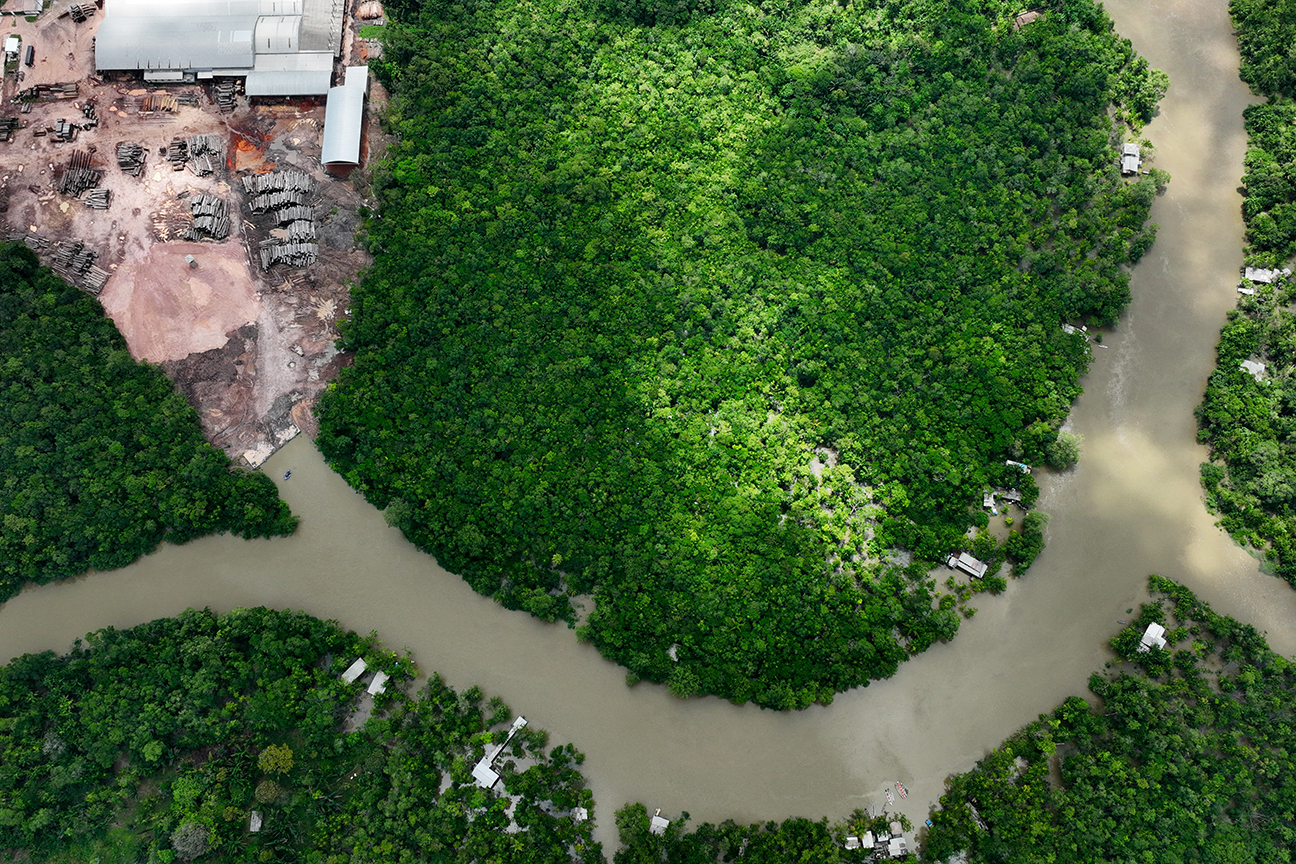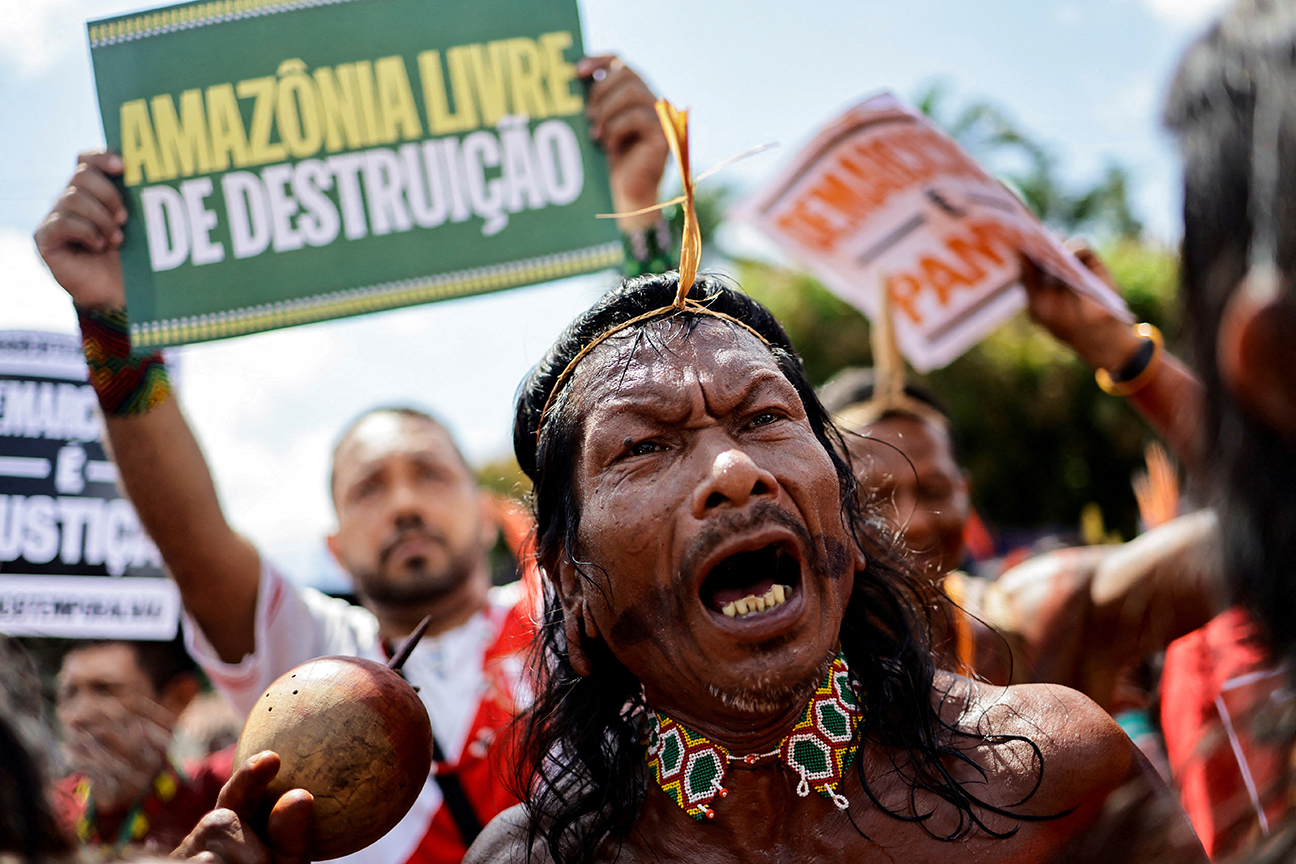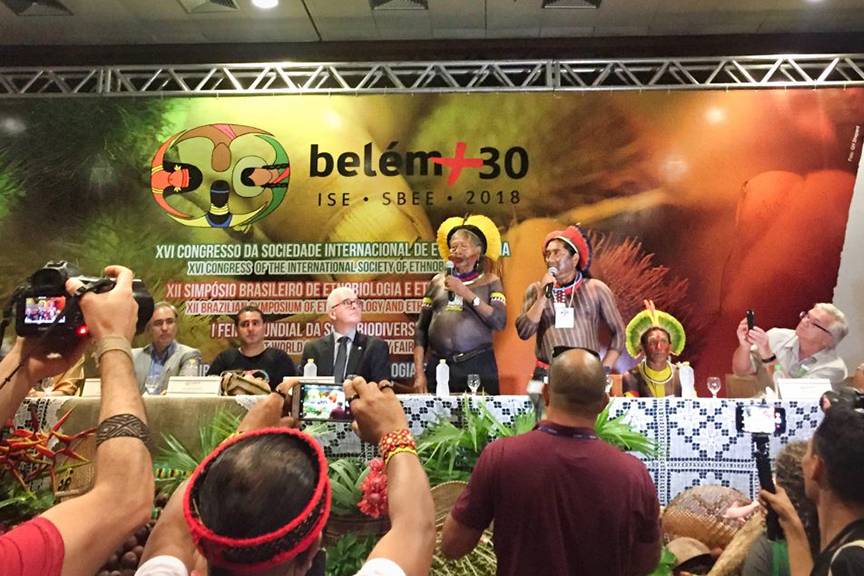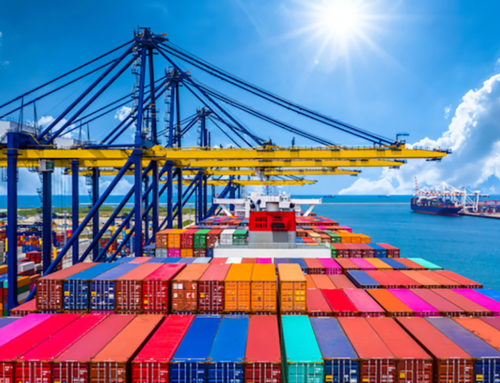Representatives from the eight countries sharing the Amazon river basin have recently come together to sign the Belém Declaration, a historic agreement aimed at conserving the world’s largest rainforest. While this initiative signifies a significant step forward, it falls short of achieving a unanimous consensus on ending deforestation. The Belém Declaration, aka. Rainforest Protection Agreement, faces the challenges in tackling deforestation, and the importance of preserving the Amazon rainforest.
The countries involved in the Belém Declaration include Bolivia, Brazil, Colombia, Ecuador, Guyana, Peru, Suriname, and Venezuela. These nations have long grappled with the environmental challenges posed by industries such as oil, mining, and beef production, all of which contribute to the degradation of the Amazon rainforest.
The Amazon rainforest plays a vital role in sequestering carbon dioxide, a key driver of the climate crisis. However, over the past five decades, approximately 17 percent of this crucial ecosystem has been lost to deforestation. Brazilian President Luiz Inácio Lula da Silva emphasized the importance of the Amazon in fostering a more equitable global relationship, where its resources benefit all nations, rather than a select few.

A general view shows the water conditions of the Piraiba river before a summit of Amazon rainforest nations, in Belem, Para state, Brazil August 5, 2023. REUTERS/Ueslei Marcelino
Deforestation Deadline:
One of the key objectives of this Rainforest protection Agreement was to set a target for ending deforestation. President Lula aimed for a collective commitment to halt deforestation by 2030. However, achieving a consensus on this ambitious goal proved challenging, and the declaration left it to individual Amazon nations to develop their own deforestation objectives.
As the planet faces escalating heatwaves, flooding, and water shortages, scientists and environmental advocates express frustration with the slow progress in addressing climate change. The failure to declare a clear goal of zero deforestation by 2030 was met with criticism from climate experts, who argue for more urgent and decisive action.
The Belém Declaration underscores the significance of Indigenous knowledge in biodiversity preservation and calls for the active participation of Indigenous Peoples in decision-making and public policy formulation. This recognition aims to safeguard Indigenous communities from threats while also preventing deforestation and preserving the region’s biodiversity.

Indigenous people take part in a march as the Amazon Summit kicks off in Belem, Para state, Brazil August 8, 2023. REUTERS/Ueslei Marcelino
Non-participating Nations:
Notably, Venezuela and Bolivia did not sign the 2021 Rainforest Protection Agreement, involving more than 100 nations, to stop deforestation by 2030. These countries’ absence from the agreement highlights the complex challenges in achieving a unified approach to rainforest preservation. Brazil, one of the signatory nations, has been contemplating offshore oil development in the northern coast, an area predominantly covered by rainforest. This development raises concerns about the environmental impact and the potential for exacerbating deforestation.
Scientific Oversight:
The Belém Declaration has established a science body responsible for annual reports on Amazon rainforest-related science. This body’s role is analogous to that of the United Nations’ International Panel on Climate Change, reflecting a commitment to evidence-based decision-making and accountability.
While the Belém Declaration marks a positive step toward protecting the Amazon rainforest, the lack of consensus on a clear deforestation deadline highlights the complexities involved in addressing this urgent issue. The preservation of the Amazon is not only essential for combating climate change but also for protecting biodiversity and the rights of Indigenous Peoples. As the world grapples with environmental challenges, the Amazon nations must continue working towards sustainable development, responsible resource management, and collective action to safeguard this invaluable ecosystem for future generations.






